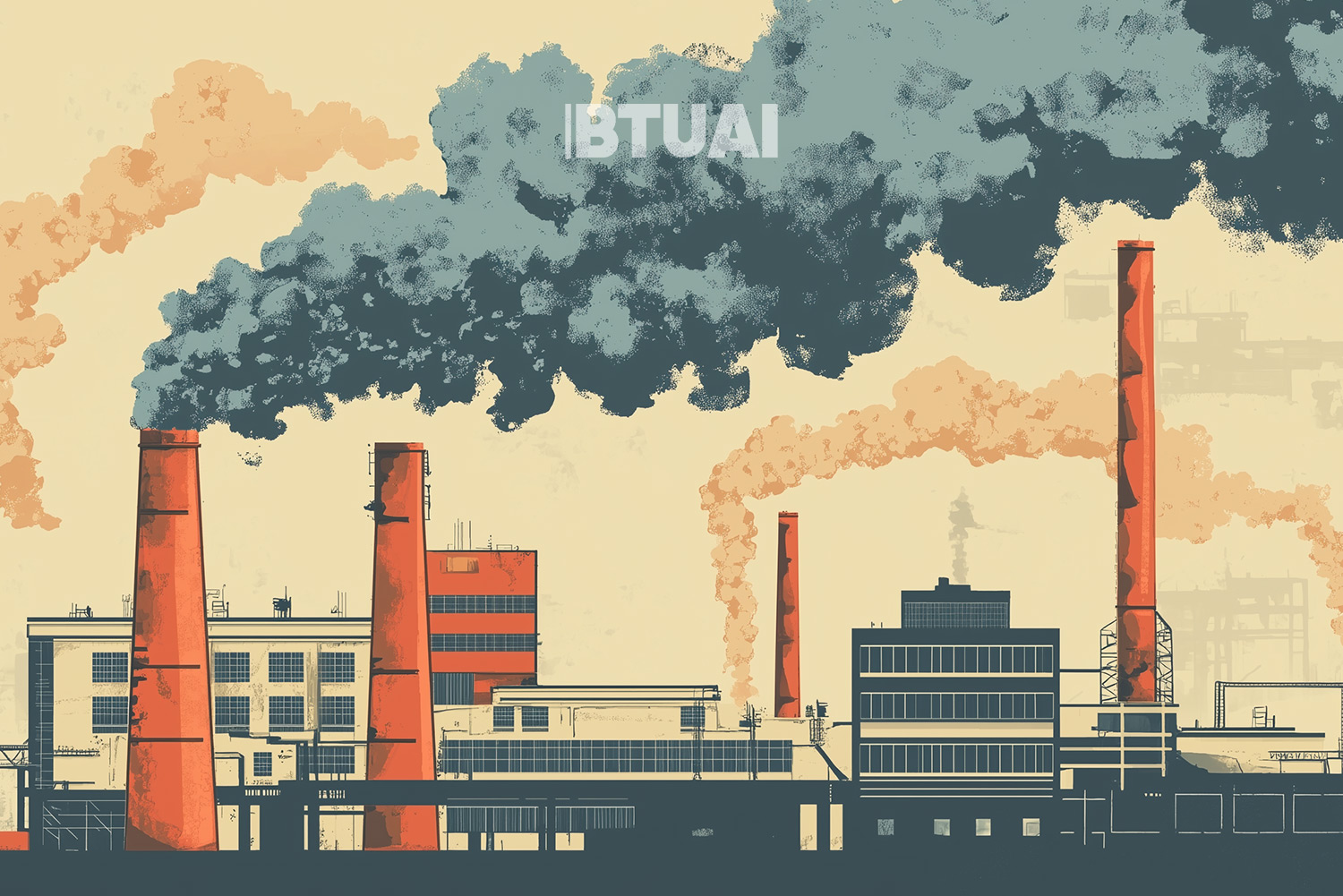Air Pollution in Georgia and Its Economic Cost
The air inhaled in Tbilisi often contains more than just oxygen. According to Georgia’s National Environmental Agency, in recent

The air inhaled in Tbilisi often contains more than just oxygen. According to Georgia’s National Environmental Agency, in recent years, levels of particulate matter (PM2.5 and PM10) in Tbilisi, Rustavi, and Batumi have regularly exceeded health safety thresholds. For example, in 2023, the annual average PM2.5 concentration at several monitoring stations in Tbilisi surpassed 25 micrograms per cubic meter, while the World Health Organization’s latest guideline recommends just 5 micrograms. That’s five times above the safe level.
The economic price of this pollution is often paid in human lives. Using OECD models that estimate health-related costs of air pollution, the damage in Georgia reached approximately 1.2 billion GEL in 2022 (around 450 million USD), accounting for about 2.2% of the country’s GDP. This level of economic loss has likely remained similar in 2024, as no significant improvement has occurred in air quality monitoring or enforcement of environmental regulations.
Notably, the health system is not the only area bearing the cost. A 2020 World Bank study highlighted the impact of pollution on reduced labor productivity and, in some cases, disruptions to school attendance in Tbilisi. Moreover, air pollution has a negative effect on tourism — cities like Rustavi and Zugdidi, with higher pollution levels, are considered less attractive for eco-tourism development.
Georgia’s approach to air quality management is still developing. Only nine cities have fully operational monitoring systems, and the number of sensors is insufficient to capture the variability in urban pollution levels. Regulatory enforcement is also weak — for instance, the vehicle inspection system remains underdeveloped. In Tbilisi alone, more than 50% of cars are estimated to have at least one significant technical issue, contributing to worsening emissions.
Global experience shows that reducing pollution can bring substantial economic gains. In cities like Copenhagen and Bogotá, reforms in public transport not only improved air quality but also eased pressure on healthcare systems. Georgia could see similar benefits by introducing low-emission zones in Tbilisi, phasing out older vehicles, and expanding green urban spaces.
Today, environmental protection is still often seen as a cost rather than an investment. Yet the country must recognize the economic rationale behind cleaner air — not just for the environment, but for the people who breathe it. In Georgia, improving air quality is not only an ecological necessity, but an economic one as well.




